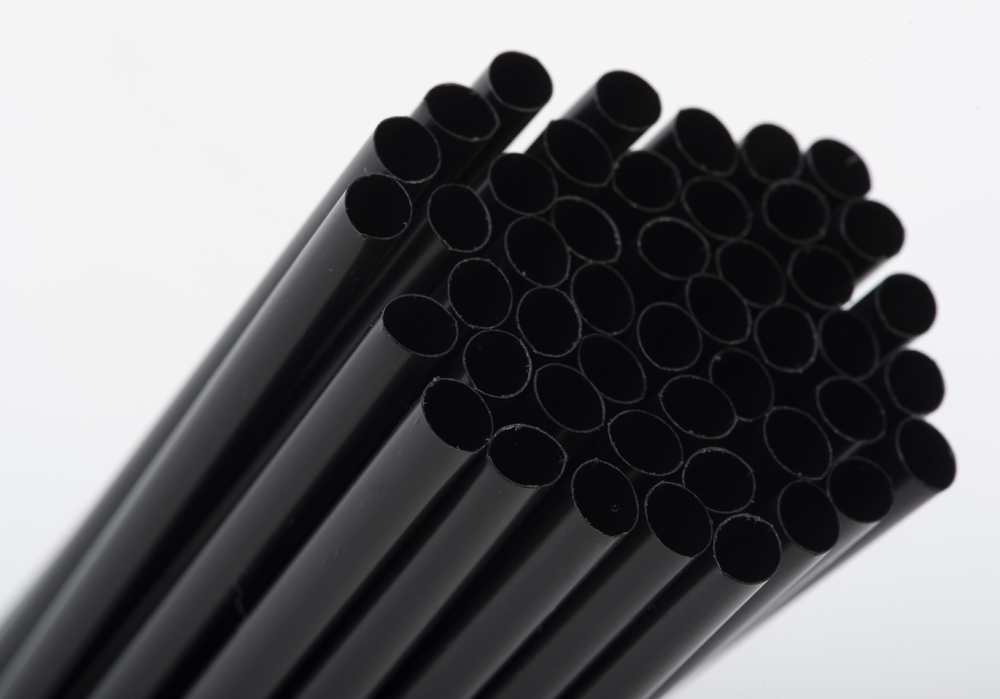We all want to do our part in preserving our planet. It’s why many of us make a conscious effort to recycle, compost and reduce the amount of waste we produce every day. And when it comes to packaging, compostable bags offer an environmentally friendly alternative to traditional plastics—which can take hundreds of years to break down.
Here are several reasons why choosing compostable bags is the smart choice for the environment.
Why Are Compostable Plastics Good?
Plastics play a major role in our daily lives. They are used in a variety of products, from food packaging to medical supplies. While plastics are convenient and durable, they can also be a major source of pollution. Here are a few reasons why compostable bags are good:
- Quick to decompose. Bags that are compostable offer a more sustainable option. These plastics are made from renewable materials, such as cornstarch, and will break down in a composting environment. They can be broken down by natural processes whilst traditional plastics take hundreds of years to decompose.
- Compostable. Compostable bags can be used in the same way as traditional plastics. However, they will eventually break down into organic matter, making them a more environmentally friendly choice. They can be used as fertilisers for new plants.
In addition to being more sustainable, compostable bags can also improve the quality of compost. They help to add nutrients and improve the structure of the compost, which can ultimately benefit plants.
- Have a lower carbon footprint. This is because the production of compostable bags generally emits fewer greenhouse gases than the production of traditional plastics.
Why Should We Switch to Compostable Plastic?
Nowadays, plastic pollution has become one of the most pressing environmental issues. It is estimated that every year we produce 300 million tonnes of plastic, half of which is for single-use purposes only and will end up in landfills or the natural environment.
One of the main reasons why plastic pollution is such a big problem is because traditional plastic is not compostable, meaning it will take hundreds or even thousands of years to decompose. This means that the plastic waste we produce today will still be around long after we’re gone.
Another issue with traditional plastic is that it is made from fossil fuels, which are a finite resource. Once we’ve used up all the fossil fuels, there will be no more plastic. On the other hand, compostable bags are made from renewable resources such as cornstarch or rice husks, so it is a sustainable option.
Effects of Plastic Waste on the Environment
Every Australian disposes of an average of 130 kg of plastic waste each year [1]. Of this, about two-thirds are used for packaging and other single-use products that are then discarded, often ending up in our oceans.
But it’s not just marine life that is affected. Plastic pollution can be found in every corner of the globe, from the Arctic to the Sahara desert. It has been found in the stomachs of animals as diverse as whales, polar bears, seals and even human beings.
Plastic is a major source of pollution because it doesn’t decompose easily. Instead, it breaks down into smaller and smaller pieces, known as microplastics, which contaminate the environment and are ingested by wildlife.
The effects of plastic pollution are far reaching and potentially devastating. We must take action to reduce our reliance on this type of pollutant.
Bonnie Bio: Sustainable Compostable Packaging in Australia
It’s time to ditch the non-bio plastic and make the switch to compostable bags. Bonnie Bio is here to help you make that change. We offer a variety of compostable plastics that are earth-friendly and will help reduce your carbon footprint.
If you’re ready to do your part in saving the environment, call us today! We would be happy to answer any questions you have and help get you started on making sustainable choices for the future.

